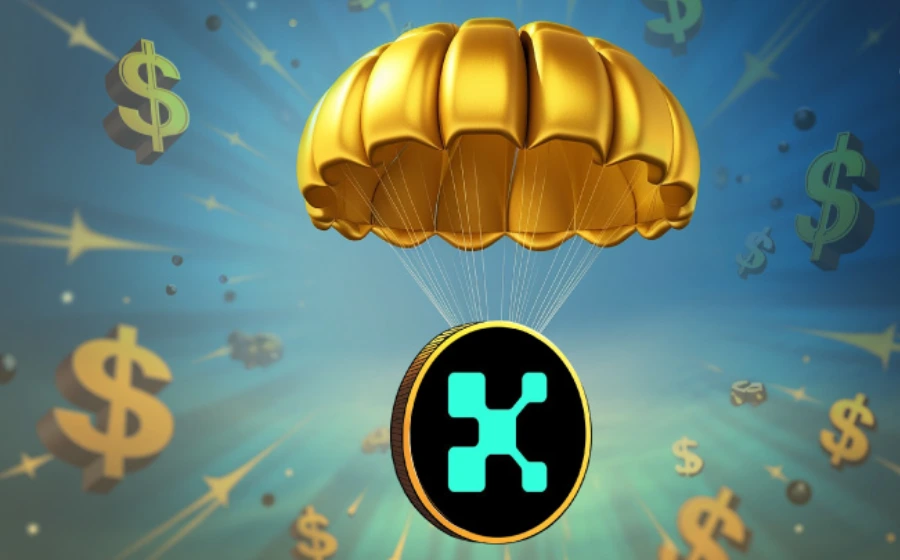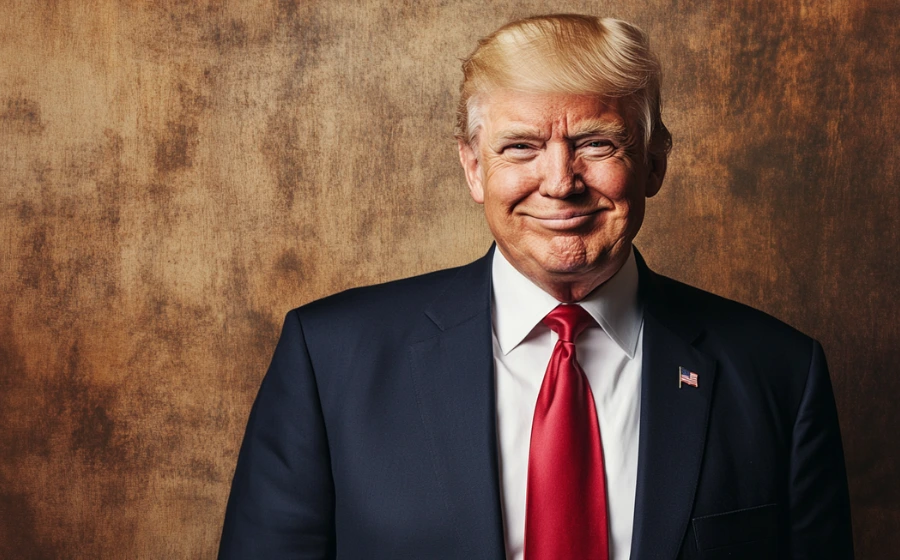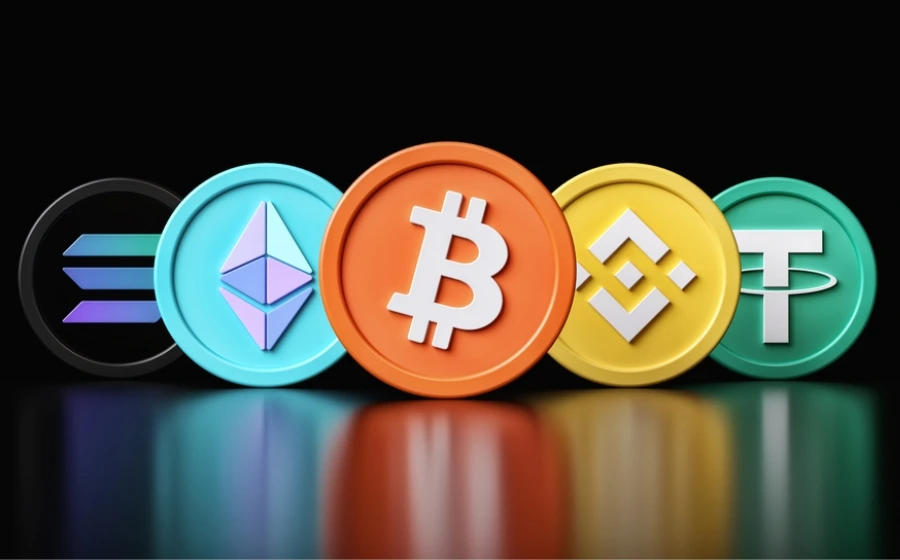
KEYTAKEAWAYS
Discover the key differences between spot trading and futures trading in cryptocurrencies. Learn about leverage, flexibility, and hedging strategies.

CONTENT
SPOT TRADING VS. FUTURES TRADING
Spot Trading involves the immediate buying and selling of cryptocurrencies in the market, resulting in instant delivery. Upon order fulfillment, you gain ownership of the assets without any delay. While in Futures Trading, a position in the Futures market corresponds to a contract representing the value of a particular cryptocurrency. Upon initiation, you don’t possess the actual underlying cryptocurrency; instead, you hold a contract stipulating your commitment to buy or sell the specified cryptocurrency at a predetermined future date.
>> Also read: Crypto Spot Trading vs. Future Trading: Which is Best for You?
Example:
If you buy BTC with USDT in the spot market, the BTC you buy will be displayed in the asset list in your account, which means that you already own and hold the BTC;
In the contract market, if you open a long BTC position with USDT, the BTC you buy will not be displayed in your Futures account; it only displays the position which means you have the right to sell the BTC in the future to get profit or loss.
FUTURES TRADING BENEFITS
- Unlocking Capital Efficiency with Leverage in Contract Trading
Leverage transforms contract trading into a highly capital-efficient venture. In the realm of contract trading, a mere fraction of 1BTC is all it takes to initiate a contract position equivalent to the entire 1BTC. This stands in stark contrast to spot trading, which lacks the option of leveraging. To illustrate, consider the current market price of 1BTC at 30,000 USDT. In the spot market, acquiring 1BTC demands a 30,000 USD investment. Conversely, in the contract market, employing 100 times leverage necessitates only a 300 USD investment to secure a 1BTC long position.
- Flexible Choices in Long or Short Positions
While holding USDT in the spot market limits you to buying currencies, while the contract market introduces a versatile dimension. In contract trading, when you hold USTD, you have the freedom to choose between going long or short based on prevailing market conditions. This flexibility enables profit generation both in a rising market by going long and in a falling market by opting for a short position.
DISTINGUISHING TRADITIONAL CONTRACTS FROM PERPETUAL CONTRACTS
- Traditional Contract
In the world of traditional contracts or futures contracts, participants commit to buying or selling commodities, currencies, or other financial assets at a predetermined price on a specific future date. Trades within the contract market aren’t settled immediately. Importantly, users don’t directly trade physical commodities or digital assets. Instead, they engage in transactions involving contracts representing those assets, with the actual asset or cash exchange occurring in the future upon contract execution.
- Perpetual Contract
A perpetual contract, a unique variant of futures contracts, stands out for its absence of an expiry date. Users retain the flexibility to keep their positions unless forced liquidation, triggered by losses or manual liquidation, comes into play.
THE CRUCIAL ROLES OF CONTRACT TRADING
- Hedging and Risk Management
At its core, futures contracts were born out of the necessity for hedging and risk management. Companies or individuals involved in commodity trading deploy short orders (or long orders) in the futures market to mitigate the risks associated with sharp fluctuations in spot prices. This strategic move allows them to lock in income and costs.
- Short-term Exposure
Traders, even without owning the asset, can speculate on its performance through contract trading, facilitating short-term exposure to market movements.
- Leverage
One of the pivotal advantages of contract trading is the ability for traders to open positions that surpass their account balance, thanks to leverage. However, the user should be aware that leverage amplifies the potential for profits but also introduces heightened risk.
If you are interested in futures trading and would like to know more details, kindly visit the CoinW website or register here to receive more information.
Looking for the latest scoop and cool insights from CoinRank? Hit up our Twitter and stay in the loop with all our fresh stories!

















